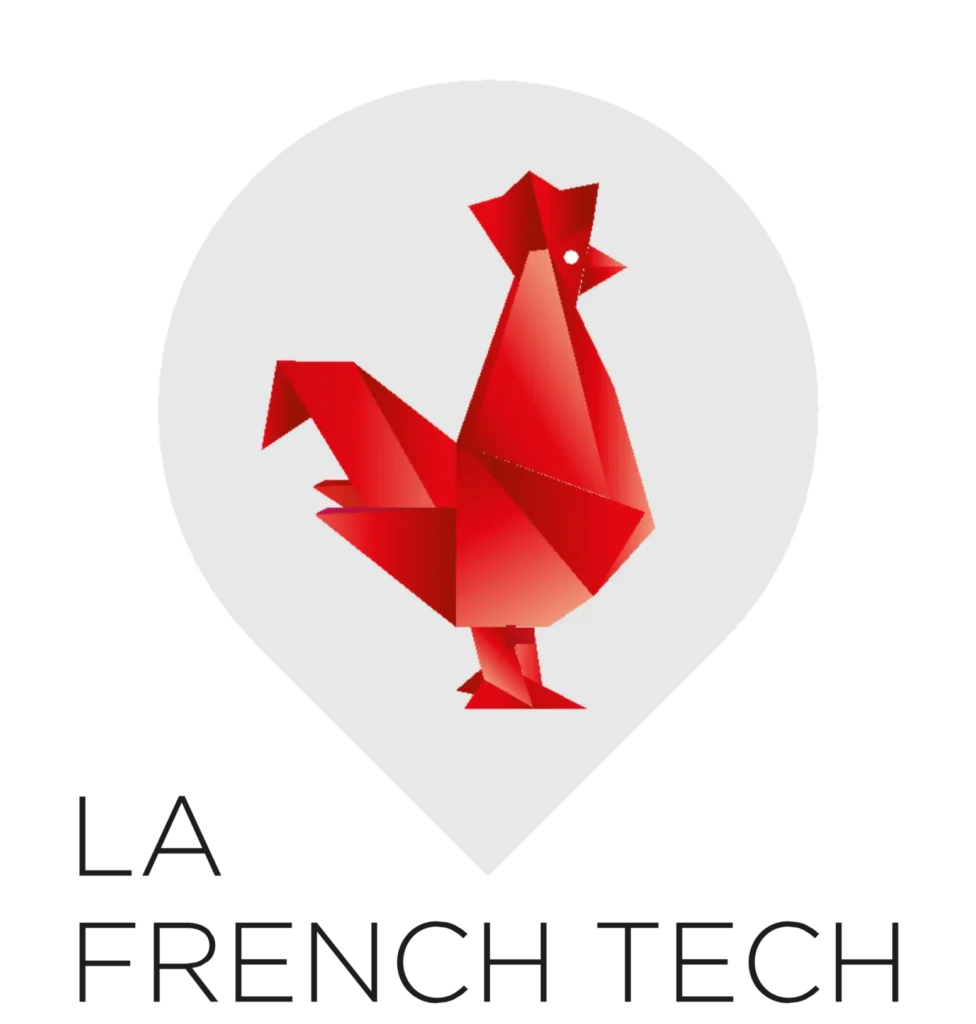In this article, we will explore three key elements that are transforming the landscape of modern education. : educational innovation, gamification and artificial intelligence. These innovations are revolutionizing not only the way we learn, but also how we teach and train. The combination of these technologies creates an immersive and engaging learning experience. This meets the needs of both learners and trainers. We will also see how you can integrate these elements into your online training. And how it will help you stay competitive in this growing market.
In this article's summary
ToggleWhat is educational innovation?
L'educational innovation refers to the set of new educational methods aimed at improving learning and better meeting the needs of learners. This includes approaches such as:
- • There reverse pedagogy : where students discover the lessons at home and work in groups in class.
- • L'project-based learning : a method focused on concrete and collaborative projects for learning.
- • THE digital resources : which include interactive tools, videos, quizzes and online learning platforms like MyKlub.
Concrete example :
A wellness coach chooses an educational platform without support for audio content, which limits the learners' experience during his online meditation classes. A poor choice of platform therefore directly affects the quality of the content.
New educational approaches
Educational innovations are mainly developing around the personalization of learning. Beyond traditional methods, digital tools such as online learning platforms or educational applications are bringing new life to education. This allows learners to benefit from an individualized educational path, adapted to their specific needs, rather than a standardized program.
In some Finnish schools, flipped learning has become the norm. Students access online courses from home and come to class for interactive question-and-answer sessions with teachers. This model strengthens student autonomy while maximizing classroom time for personalized support.
The impact on learning and training
Educational innovations not only improve the learning experience, they also promote the development of key skills such as collaboration, communication, and critical thinking.
Modern educational platforms also allow you to track learners’ progress in real time using performance indicators. This helps trainers identify their students’ weak points and adapt courses accordingly. For coaches, pedagogical innovation allows them to engage more deeply with their clients. You can offer coaching sessions adapted to their pace of progress and their personal goals.
Practical advice :
Before choosing a training platform, define your needs precisely. Do you need multimedia support? Live courses? Personalized coaching? If so, opt for solutions like MyKlub which offer great flexibility in terms of customization and customer engagement.
Gamification: learning through play
There gamification, or gamification, is the process of integrating game mechanics into non-gaming activities such as education. This includes rewards, of the challenges, of the scores or some levels.
Concrete example :
Platforms like Classcraft And Kahoot! have demonstrated the effectiveness of gamification in education. These tools promote a increased motivation and make learning more fun and dynamic.
The Psychological Benefits of Gamification
Gamification doesn’t just make courses fun; it taps into the mechanisms of intrinsic motivation. Rewards, levels, and badges satisfy the need for achievement, while challenges encourage persistence. This creates an environment where learners are encouraged to actively engage. This is especially useful for adult learners or those who need more stimulation to stay motivated.
Concrete example: badges in learning
On the Duolingo platform, for example, users receive badges and rewards based on their progress in learning languages. This reward system motivates learners to come back daily to improve their score and accumulate rewards.
The Benefits of Gamification for Online Training
- • Increased motivation : Learners are more likely to complete a course when they are rewarded or stimulated by games.
- • Commitment : Game mechanics encourage learners to interact with the content regularly.
Practical advice :
Integrate gamification in your training courses to create an interactive environment. For example, on MyKlub, you can customize each step of the educational journey. You can add challenges or quizzes to reinforce learning.
Artificial Intelligence (AI) in Training
L'AI revolutionizes online training by allowing personalize the learning experience. Using algorithms, AI can identify the specific needs of each learner and adapt the content accordingly.
Concrete example :
Platforms with AI features, such as Coursera Or edX, offer personalized courses based on the results and preferences of each user.
AI and chatbots for real-time assistance
Another area where AI excels is in providing real-time assistance through intelligent chatbots. These virtual assistants can instantly answer learners’ questions, solve technical issues, or guide users through their learning journey. Using these tools relieves trainers and allows for personalized follow-up 24/7.
In some MOOCs, chatbots assist students by answering their questions about the curriculum, assignments, or deadlines. This helps streamline the learning experience and ensures quick and effective help without constant human intervention.
AI and the personalization of learning paths
AI can track a learner’s progress in real time. And offer them content that is tailored to their needs. For example, a student who successfully completes an advanced quiz could immediately move up a level. While another student who is struggling could receive additional exercises.
Practical advice :
If you are a coach or trainer, consider using a AI which adjusts learning paths. Thus, offer more effective monitoring to your learners.
Intersection between gamification and AI
L'integrating AI into educational games makes the experience even more personalized. For example, AI can adjust the difficulty of games based on the user's progress, providing a tailor-made experience.
How AI is empowering gamification
Artificial intelligence can also be integrated with gamification elements to create even more immersive experiences. For example, based on user performance, AI can adapt the difficulty of challenges in real time, or suggest levels adapted to the specific skills of each learner.
Concrete example: Adaptive Learning
On platforms like Knewton or Smart Sparrow, AI offers adaptive paths based on student results. This allows each user to follow a personalized path based on their strengths and weaknesses, which significantly increases the effectiveness of gamification.
Online training and coaching: there is still time to get started
The online coaching and training market is booming and offers many opportunities. Whether you are an independent coach or an educational organization. The online training sector is expected to reach $1 trillion by 2030, according to recent studies. This shows that it is a strategic time to launch or improve your offers. In addition, with the acceleration of digitalization in education, integrating gamification and artificial intelligence tools into your programs will help you stand out.
Concrete example: the success of high-ticket offers
A coach who launches a high-ticket offer on a platform such as MyKlub can offer premium educational paths. It can integrate individualized coaching sessions and gamified paths to strengthen customer loyalty.
Practical advice:
To maximize your chances of success, choose a platform that allows both a customization of courses and the addition of individual coaching sessions, such as MyKlub.
Conclusion
Pedagogical innovation, gamification and artificial intelligence are no longer futuristic concepts. They are realities that are already transforming the landscape of training and education. By integrating these elements into your training offers, you can not only improve the engagement and motivation of your learners, but also guarantee a more personalized and immersive experience. So, there is still time to embark on this educational revolution. And platforms like MyKlub provide you with all the tools you need to turn your ideas into reality.






